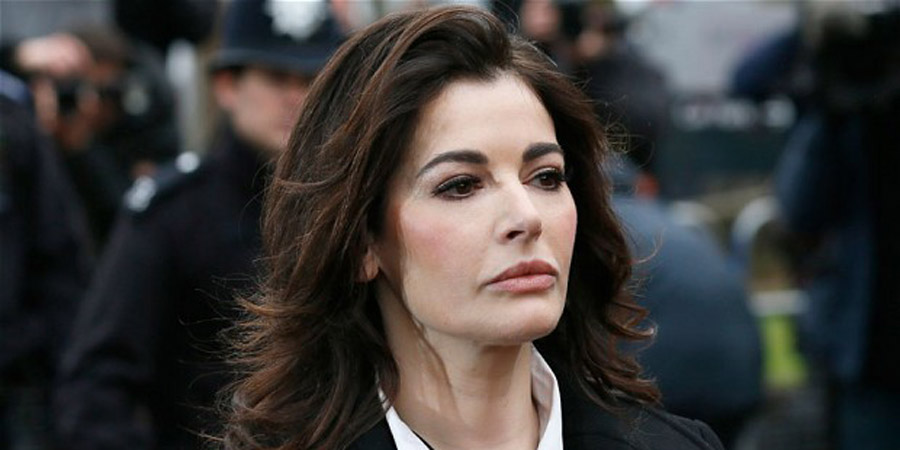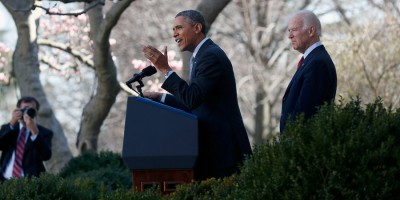US Sample News, US Sample News

While much of the midterm election talk has revolved around the Republican advantages apparent in this cycle, it shouldn’t be overlooked that women may also win big this year.
Even though it’s unlikely that 2014 will surpass the record number of women filing to run for Senate (36) or winning Senate primary contests (18), a look at the specific races across the country suggests that when all the votes are counted the next U.S. Senate may make history (or herstory).
According to the Center for American Women and Politics, four of the 29 incumbents (three Democrats and one Republican) running to keep their seats in the Senate are women. (Two of these incumbents were appointed and are now running for a full Senate term.) Should all four retain their seats, next year’s Senate will likely include 21 women, breaking the historical record of 20 women serving (16 Democrats and 4 Republicans), which was set during this current Congress. That’s because in the open seat contest in West Virginia, the likely nominees on both sides of the aisle are women: Democrat Natalie Tennant and Republican Shelley Moore Capito.
[See a collection of political cartoons on Congress.]That said, two of the three Democratic women incumbents (North Carolina’s Kay Hagan and Louisiana’s Mary Landrieu) are running in toss-up races, and given the Republican tilt of their states and the national political environment, it seems fair to speculate that one or possibly both of them will fail to return to the Senate, which would mean that the number of women in the Senate would not exceed the record.
But then again, there are another four competitive Senate contests (Georgia, Kentucky, Michigan and Oregon) with impressive women candidates who have serious shots at not only securing their party’s nomination, but also winning their general election. Two are Democrats (Michelle Nunn in Georgia andAlison Lundergan Grimes in Kentucky) and two are Republicans (Monica Wehby in Oregon and Terri Lynn Land in Michigan).
There are also a handful of other women (Democrat Colleen Hanabusa in Hawaii, Republican Karen Handel in Georgia, Republican Jodi Ernst in Iowa and Republican Heather Grant in North Carolina) who, while unlikely to win their party’s nomination, could land in the Senate were they to do so owing to the partisan lean of their states.
[Read more from blogger Lara Brown.]Considering all of these contests amid the national political cross-currents, it seems to me that we are, in fact, on track to add a few more cracks in that glass ceiling.
Women are far (ridiculously far) from parity in federal elective office, but having 21, 22 or 23 women in the Senate would constitute progress. And given the political leadership we witnessed from our women senators last October, having a couple more women in the chamber next session, when gridlock is expected to only get worse, can’t be a bad thing.














Comments are Closed